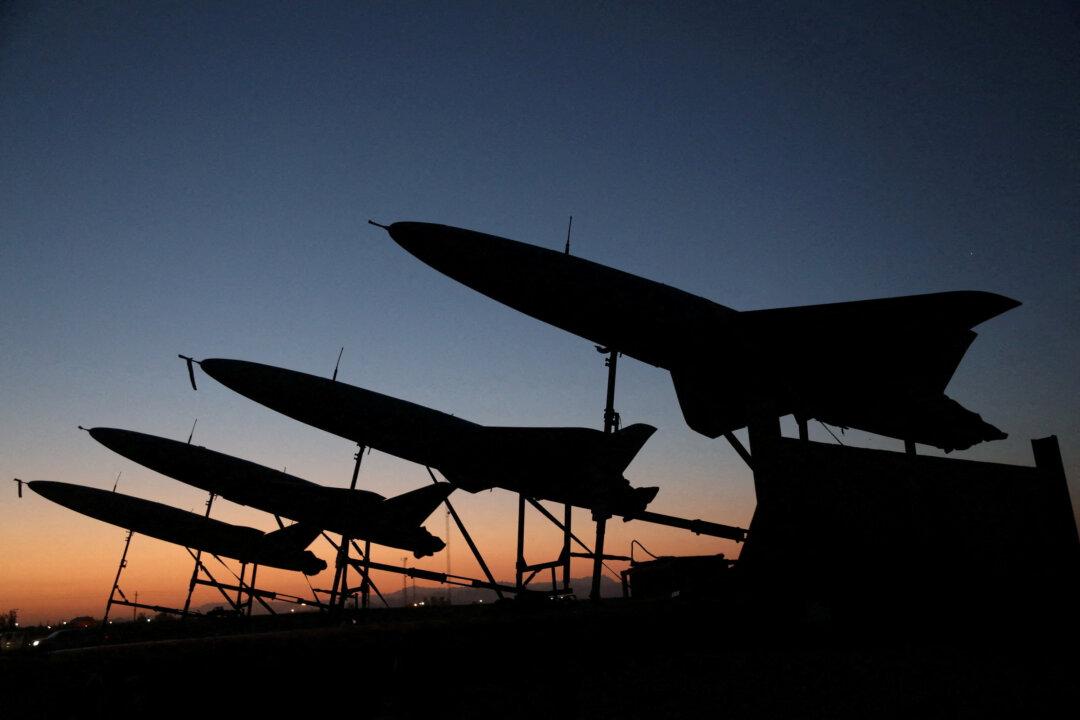The government is investigating media reports that British universities have helped the Iranian regime develop suicide drones, Prime Minister Rishi Sunak has said.
The Jewish Chronicle (The JC) reported earlier this month that several British universities have worked with Iranian researchers on drone technologies that have potential military applications.





